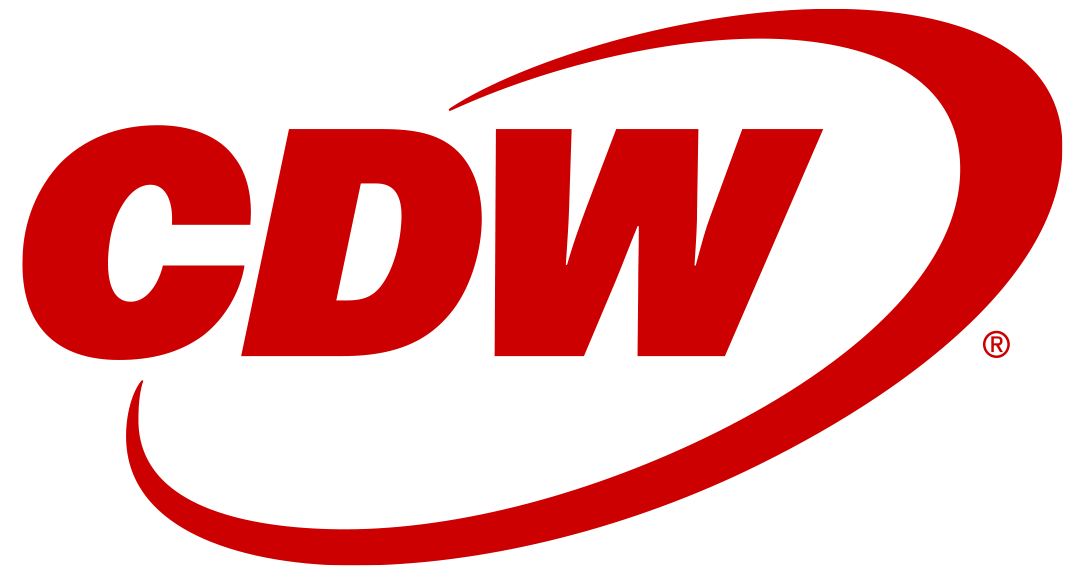
Overview
Ageing IT infrastructure at Mid Cheshire Hospitals NHS Foundation Trust was having a detrimental effect on the day-to-day work of thousands of staff.
Being more than 10 years old, many of the desktop devices were slow and prone to regular problems, which impeded the productivity of staff, costing an estimated £942,000 annually in ‘lost time’ and placed pressure on the internal IT help desk.
CDW helped plan and implement a migration to Microsoft Office 365, the roll-out of new Lenovo devices, supported configuration and provided user adoption training.
Log-in times have been dramatically cut, staff are undertaking more appointments per day and there have been improvements in mobility, security, collaboration and workflow.

Mid-Cheshire NHS Trust
- Mid Cheshire Hospitals NHS Foundation Trust employs 4,500 members of staff across three hospital sites in the North West of England.
- With around 540 hospital beds, its services include A&E, maternity, outpatients, therapies and children’s health.
- As part of the Central Cheshire Integrated Care Partnership, the Trust also provides community health services.

Challenge
Mid-Cheshire NHS Trust’s ageing IT estate was causing significant problems. Amy Freeman, the Trust’s Associate Director of IT, identified a number of challenges that needed to be addressed when she joined the organisation in 2016.
More than half of the Trust’s 2,500 desktop devices were over 10 years old. In many cases, staff were waiting around 20-25 minutes to log in each day, and sometimes up to 40 minutes. A large number of staff were either opening their clinics later or coming into work early to start up their machines. Even when booted up, many of the devices were slow, which again took time away from patient care.
As a result, call volumes on the service desk were high. The team of three first-line staff were handling up to 500 calls per week. “It was not uncommon for the first line to be taking 60 to 70 calls per day and then of course a lot of the issues being reported were difficult to solve,” says Amy. “Our budget conscious solution had been to add memory with solid state drives, but we wanted a solution that would be more sustainable over the long term.”
As part of a business case for IT transformation, a calculation based on the average salary of desktop users showed that around £942,000 worth of ‘unproductive’ time was being wasted each year due to the length of time it took for users to log-in and related device usage issues. It was estimated that staff at the Trust were spending around 273 hours per day waiting to gain access to their desktop.
“Before improving our users’ experience of technology, we had to ensure our devices were robust enough to handle the necessary software installation,” says Amy.
There was no standard build and software deployments had become very labour intensive. Another symptom of the ageing estate was that a number of important security patches could not be applied. Additionally, the IT team’s ability to manage machines remotely was limited.
Staff working in the community as part of the Central Cheshire Integrated Care Partnership had been equipped with mini tablets that lacked the necessary functionality for simple inputting of data.
Details of appointments were therefore written on paper, causing an unserviceable surge in demand for a limited number of desktops at the end of the day when they returned to type up their notes.
Amy and her team recognised that providing staff with access to log in from home would not only reduce their fuel expenses but create more time for patient interaction.

Solution
Formulating a compelling business case was crucial to the development of an effective IT solution. “The key is to articulate why something is important,” says Amy. “I don’t ask for new technology, I ask for a programme of change, detailing the specific benefits of each element of the proposal. We’ve also had to think differently about how we approach certain areas. For example, staff were filling in the details of their expenses claims line by line, which could take up to two hours, but by integrating with the data available in our specialist software solution, EMIS Health, we can eliminate a lot of that time.”
The adoption of Microsoft Office 365 was identified as a clear pathway to improving the user experience, strengthening security, enabling mobility, supporting collaboration and reducing day-to-day IT management pressures on the internal team.
The CDW Software Team ran a licensing workshop with the Trust to help identify the most suitable options, then managed the deployment of software and migration of user accounts. A number of security enhancements were put in place including email encryption, whilst CDW also implemented a new Microsoft SharePoint platform to drive user collaboration.
By moving to Windows 10 and implementing a new password reset tool, further pressure has been removed from the service desk. Unable to replace all devices at once, Amy worked with CDW to develop a business case to replace those over 10 years old. A Device as a Managed Service (DaaS) solution delivered by CDW enabled the Trust to establish a new five-year refresh cycle to strengthen future proofing.
A series of drop-in sessions with associated questionnaires enabled staff at the Trust to test a range of user devices from various technology partners and report on their preferences. Lenovo was identified as having the best combination of technical performance and cost-effectiveness for the Trust’s needs. The mobility, security and versatility of the ThinkPad X380 Yoga would be advantageous to community staff, while ThinkCentre V520S desktop devices offered the power required by key staff within the hospital sites who required fast access to electronic data and sophisticated workflows.
CDW and Lenovo have been partners for more than two decades, our devotion to the Lenovo technology portfolio and impressive knowledge of its entire family of products is demonstrated by our exclusive status as a Platinum Plus PC Partner. This elite position gives CDW priority access to Lenovo products and the ability to buy direct, guaranteeing Mid-Cheshire NHS Trust quicker time-to-value and smart pricing.
“We tested a selection of devices that would be most suitable for our needs, and through an online questionnaire, Lenovo was rated the highest for performance as well as cost-effectiveness,” says Amy. “Lenovo’s Yoga convertible tablets were really popular. Feedback from staff at the Trust using them has been very positive.”
The team at CDW co-ordinated the ordering and shipment of Lenovo devices to the required locations. Working closely with the Trust’s IT team, CDW’s configuration centre handled imaging and asset tagging, managed the migration of mailboxes and even took responsibility for the WEEE compliant disposal of old devices. CDW’s Microsoft Adoption team also provided e-learning courses and collateral to support user enablement training.
To facilitate ongoing support and reduce internal help desk calls, the Trust also utilises CDW’s managed services to support its users with any device related issues. This includes; 24x7 service desk access, 1st and 2nd line support, 3rd line vendor management with a swap-out service and guarantees the replacement of faulty devices the same or next business day, depending on the priority of the incident.
Throughout the duration of the Trust’s contract, an aligned Service Delivery Manager at CDW frequently provides reports, highlighting common issues where tickets are being logged via the Service Desk. Once any issues have been identified, the Service Delivery Manager works with the Trust collaboratively to help streamline the service via CDW’s own Continual Service Improvements Plan (CISP).

Outcome
As soon as the deployment project began, a number of positive results emerged and there has been a direct impact on levels of patient care. Logging onto the new devices takes less than a minute and staff are reported to be undertaking more appointments per day.
Amy says: “We previously used a token-based VPN solution for email. By moving to Office 365 we have taken away 60 to 70% of tokens, enabling staff to access emails on a phone or tablet at home. There are still elements of O365 to implement and we plan to exploit more of its capabilities in the future.”
Renewal of infrastructure is integral to further transformation and the Trust is benefitting from CDW’s CloudPlan service as it builds a proposed framework for migration to Microsoft Azure in the near future.
CDW is also rolling out new Cisco networking technology. This includes the replacement of a large number of Wi-Fi access points in hospital buildings, which will make free Wi-Fi available to patients for the first time.
“One of the great strengths of CDW is that I can call my Account Director at any time and he will do his very best to resolve an issue,” says Amy. “His flexibility and dedication is something I value very highly. Where other problems have arisen, they have been resolved quickly and without any fuss.”
Eoin Perera, UK Healthcare Sales Manager at CDW, says: “We are immensely proud to have supported the incredible IT transformation that is taking place at Mid-Cheshire NHS Trust. It has been a fantastic achievement, not only from a technical perspective, but also because these new technologies are truly changing the way staff work, which in turn is enhancing patient care.”
Amy Freeman“One of the great strengths of CDW is that I can call my Account Director at any time and he will do his very best to resolve an issue. His flexibility and dedication is something I value very highly. Where other problems have arisen, they have been resolved quickly and without any fuss.”
Associate Director of IT, Mid-Cheshire NHS Trust







